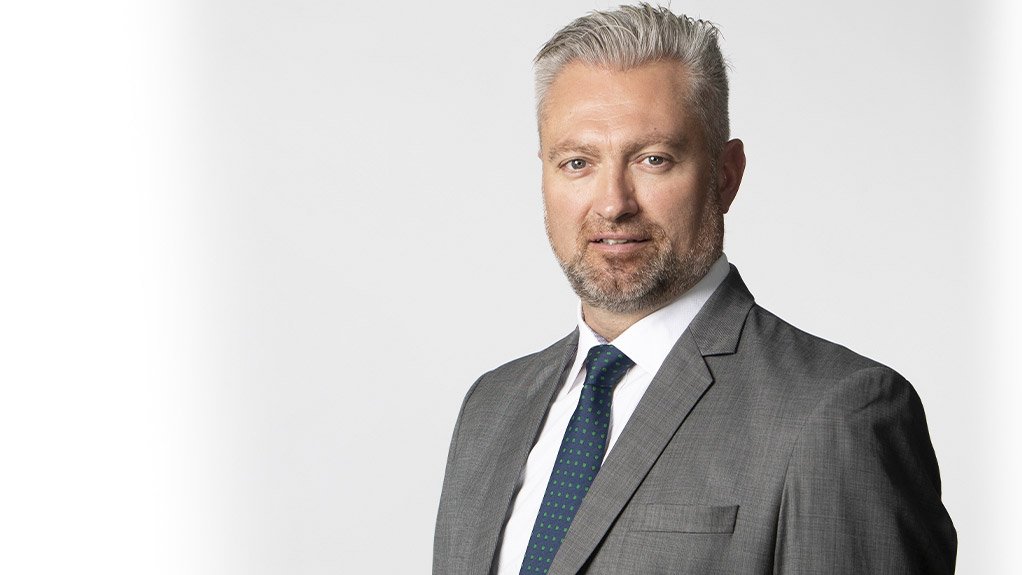The level of corruption is one of several factors foreign investors consider in deciding which African countries to develop, says financial services company Nedbank Corporate Investment Banking Africa property finance divisional executive Gerhard Zeelie.
“African governments need to take stock of the impact that corruption has on direct foreign investment. Countries that implement effective anticorruption measures are more likely to show sustainable economic growth, as a result of foreign investment creating jobs, adding infrastructure and creating wealth.”
He notes that Africa can be a challenging environment in which to conduct business, as security, ease of access, legal complexities, language and culture barriers, social and political unrest, besides other factors, can hinder the realisation of otherwise highly attractive investment opportunities.
While property investment is certainly not exempt from these challenges, with the significant, and growing, number of opportunities in many African countries, the rewards to be gained from such investment potentially “massively outweigh” the complexities involved in making them, Zeelie tells Engineering News.
Notwithstanding, several complexities need to be carefully considered and fully understood before moving forward with one’s investment plans to make successful property investments in Africa, he says.
Standard considerations should be taken into account and should pre-empt any property investment – including growth prospects, risk evaluation, supply and demand, as well as full due diligence.
Corruption is a factor to consider, Zeelie emphasises, as is ease of access and, thirdly, the legal regime for investment.
Ease of access refers to the practicality of the investment opportunity. Zeelie says there are a number of practicalities involved in investing in Africa that some global investors may never have had to consider before.
“It’s important to assess how accessible the investment destination is from an air-and road-travel perspective. Then there is also the issue of ease of entry into the country, and to what extent your movements and actions will be hamstrung by bureaucracy once you’re there,” he explains.
The commercial opportunity in a certain location might be vast, Zeelie says, but the practicalities involved in doing business there might undermine day-to-day operations, owing to a lack of reliable municipal services.
The legal regime of the country must also be given due consideration, as “there is much more to legal matters than compliance and bureaucracy. In most countries, the legal environment determines the complexities involved in investment that has a significant impact on overall investment costs”, Zeelie notes.
The significant legal complexities in many African countries prompt numerous investors and financiers to use Mauritius or the UK as the legal jurisdiction for their transactions across Africa, as “those jurisdictions can be neutral for both parties in terms of litigation”.
Edited by: Zandile Mavuso
Creamer Media Senior Deputy Editor: Features
EMAIL THIS ARTICLE SAVE THIS ARTICLE
ARTICLE ENQUIRY
To subscribe email subscriptions@creamermedia.co.za or click here
To advertise email advertising@creamermedia.co.za or click here













